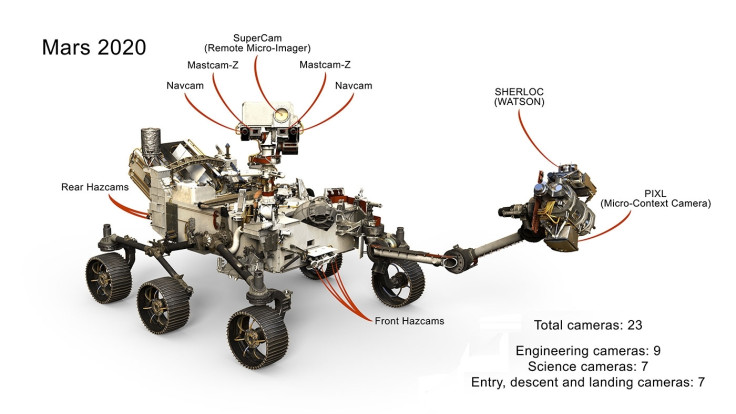Is Artificial Intelligence key to the search for truth about alien life?
Artificial Intelligence may lead to false findings of alien life, a study reveals.
Scientists have been looking for signs of life in different realms of our solar system. Even though we are yet to find a certain answer about the existence of alien life, several advanced Artificial Intelligence tools have been developed with a promise of finding the truth. However, scientists are now suggesting that these rovers and robots that we have relied on for years, might become the cause of inaccurate results.
According to Independent, the latest study suggests that AI could trick us into believing that we have discovered aliens. This is simply because just like humans, machines are prone to cognitive biases and misidentification, which may convince us to believe that any object detected is aliens or living organisms on Mars.
NASA and other space agencies have used AI as one of the main technologies in the quest for extra-terrestrial life and "technosignatures." However, trusting the machines may just convince us in believing a blob or something to be the signs of life on the alien planets where there might actually be none. This could lead to misconceptions and unnecessary frenzy among people while what AI may have interpreted to be a fossil or microorganism may just turn out to be accidental formations on the surface of the planet.
The study was based on the example of dwarf planet Ceres. The discovery got alien enthusiasts excited when astronomers came across bright lights on the surface of the planet that is located in the asteroid belt between Mars and Jupiter. However, it was later found that the lights were a result of volcanic ice and salt emissions.
The latest study was initiated by researchers from the University of Cadiz and its findings were published in the journal titled, "Acta Astronautica". During the study, people were shown mysterious formations and asked to interpret what they saw. The same was done with AI that is trained to identify shapes.
"Both people and artificial intelligence detected a square structure in the images, but the AI also identified a triangle," said Gabriel G De la Torre, the neuropsychologist who led the study. "And when the triangular option was shown to humans, the percentage of persons claiming to see it also increased significantly," he added.
The results of the study suggests that while AI may assist humanity in making breakthrough discoveries beyond the earth, it may also lead to frenzied speculation. It must warn about the downsides it involved.

"On the one hand, despite being fashionable and having a multitude of applications, artificial intelligence could confuse us and tell us that it has detected impossible or false things and this, therefore, compromises its usefulness in tasks such as the search for extra-terrestrial techno-signatures in some cases. We must be careful with its implementation and use in the search for extra-terrestrial intelligence," De la Torre added.
© Copyright IBTimes 2025. All rights reserved.





















